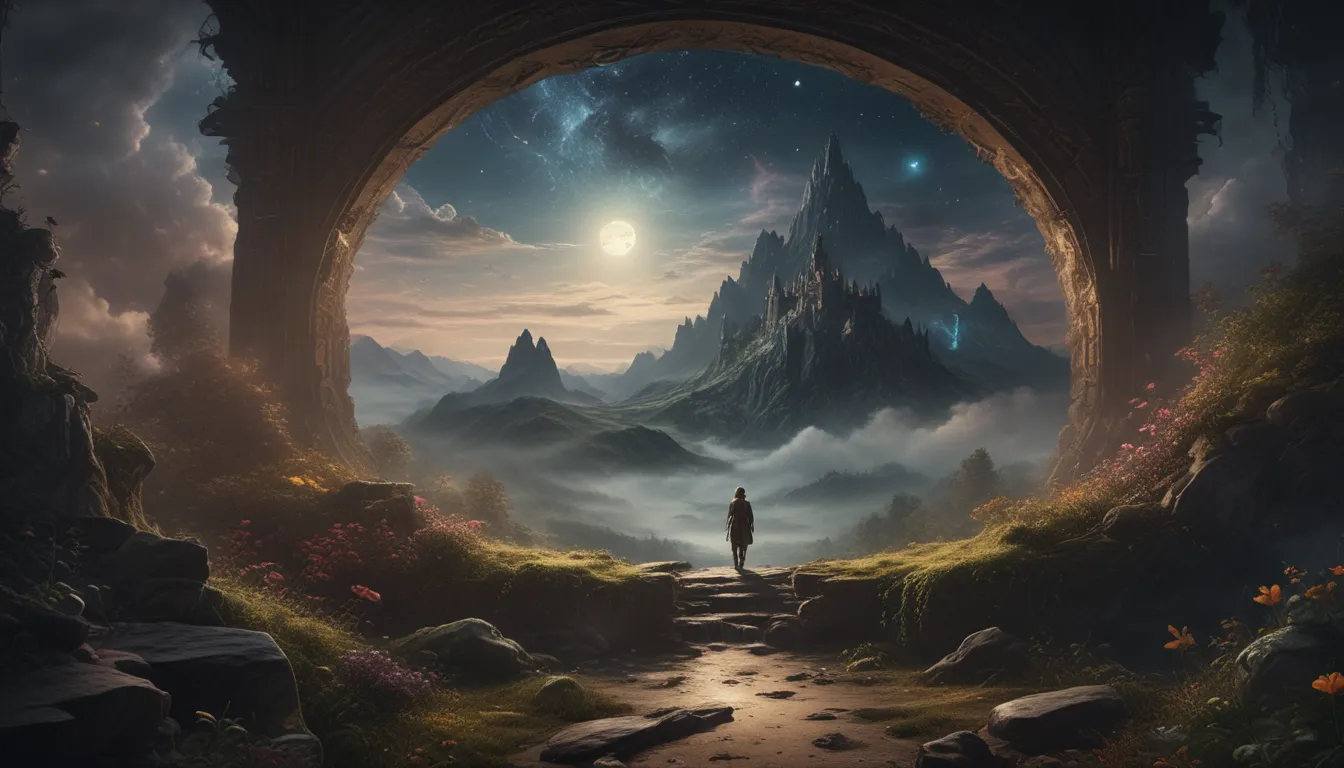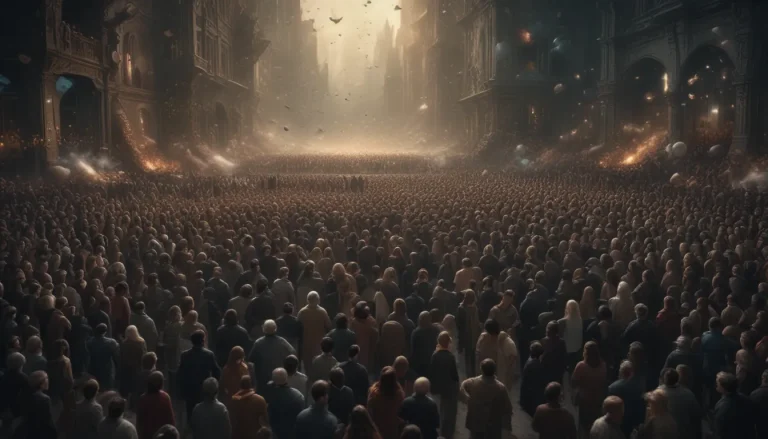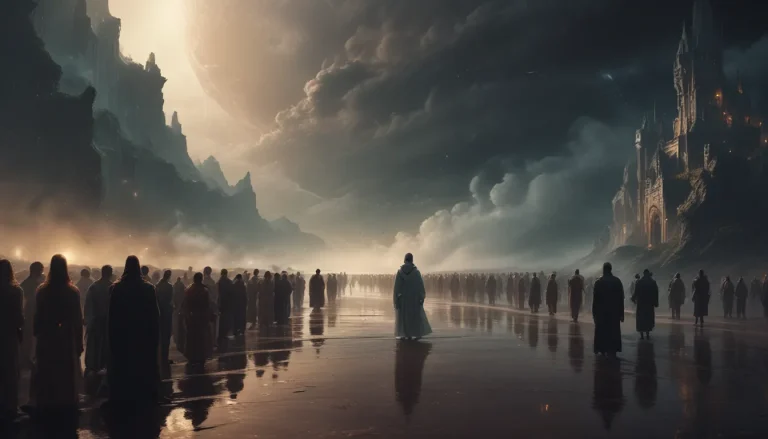Have you ever woken up from a dream and wondered what it all meant? Dreams have fascinated humans for centuries, and one of the most renowned psychologists in the field of dream analysis is Carl Jung. In this guide, we will delve into the world of dream meaning according to Jungian psychology.
Who was Carl Jung?
Before we dive into dream interpretation, let’s take a moment to learn about the man behind the theories. Carl Jung was a Swiss psychiatrist and psychoanalyst who founded analytical psychology. He was a student of Sigmund Freud but later developed his own theories about the unconscious mind.
Key Concepts in Jungian Dream Analysis
Jung believed that dreams were a window into the unconscious mind and that they could reveal important information about a person’s psyche. Here are some key concepts in Jungian dream analysis:
-
Archetypes: Jung believed that our dreams often contain universal symbols and themes that he called archetypes. These archetypes are shared across cultures and are a reflection of our collective unconscious.
-
Shadow: The shadow represents the darker, repressed aspects of our personality that we may not want to acknowledge. In dreams, the shadow often takes on a sinister or threatening form.
-
Anima/Animus: Jung believed that every person has both masculine and feminine qualities within them. The anima represents the feminine side of a man’s personality, while the animus represents the masculine side of a woman’s personality.
-
Self: The self is the center of the psyche and represents the striving for wholeness and integration. In dreams, the self often appears as a symbol of unity and completeness.
Interpreting Dreams Using Jungian Psychology
Now that we have a basic understanding of Jungian dream analysis, let’s explore how you can interpret your own dreams using these concepts:
-
Keep a Dream Journal: Start by keeping a journal next to your bed and write down your dreams as soon as you wake up. Recording your dreams can help you identify recurring themes and symbols.
-
Identify Archetypes: Pay attention to recurring symbols in your dreams, such as the wise old man, the hero, or the trickster. These are archetypes that may hold significance in your life.
-
Engage with your Shadow: If you encounter a dark or scary figure in your dreams, try to engage with it rather than running away. The shadow often represents aspects of yourself that you need to confront and integrate.
-
Look for Patterns: Notice any patterns or themes that emerge in your dreams. Are you always in a certain location, or do certain symbols keep appearing? These patterns can provide insight into your subconscious mind.
Dream Meaning Jung: A Practical Example
Let’s take a look at a dream example and analyze it through a Jungian lens:
Dream: I am in a dark forest, and I feel lost. Suddenly, a wise old man appears and guides me out of the forest.
In this dream, the dark forest could represent the unknown or repressed aspects of the dreamer’s psyche. The wise old man could symbolize the archetype of the wise old man, offering guidance and wisdom. This dream could be interpreted as a call to explore the deeper, hidden parts of oneself with the help of inner wisdom.
Conclusion
Dream meaning Jung offers a rich and insightful way to explore the depths of the unconscious mind. By understanding key concepts such as archetypes, the shadow, and the self, you can unlock the hidden messages in your dreams and gain valuable self-awareness. Remember to keep an open mind and embrace the journey of dream exploration. Who knows what wisdom your dreams may reveal?







